What’s your name?
Paula Carter
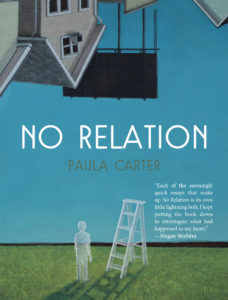
What have you written?
My first book came out two years ago, No Relation. It is a memoir told in moments. The collection of about 100 flash essays tells the story of my meeting and falling in love with a man who had two young sons. In the end the relationship didn’t work out, but by then I had become close to the boys. So it is about meeting and getting to kn
ow them and then leaving and trying to navigate a role that we have no language for in our culture.
When do you write?
Morning is when my brain is clearest. But I write at different times of the day, depending on what else is going on with my schedule. I also teach and freelance, so sometimes a deadline takes precedent and gets the clear morning brain’s attention. I’m not someone who works on my creative work everyday, again … schedules and life.
Describe your writing routine.
I wish I had a good answer to this. I wish I could say, first I light a candle and then I mediate and then I think positive thoughts about what I want to accomplish that day. But the truth is, for me writing is a lot like any other work or job. You just have to sit down and do it. I need quiet to concentrate and coffee … again, like most jobs.
What do you listen to while you’re writing?
Silence. And my mind, which is very chatty.
What are your tools?
I compose mainly on my laptop and just use Microsoft Word. People tell me about new software that helps organize a book into chapters or characters or themes or something, but to me it isn’t about the software, it is about sitting down and doing the work. I will also write things longhand – that is especially true if I am working on a specific image or scene and want to get the details just right. I’ve found that my creative brain really does do different things when I’m writing versus typing. Science has backed that up, too. My imagination seems to be more in play when I’m writing longhand and sensory details are more vivid.
What do you do when you get stuck?
Usually I take a break, which isn’t always the best approach, because it means it can take me longer to finish something than it should. However, I’ve found putting something away for a week or month enables me to see it anew when I revisit it and often I can identify the problem or see what needs to be cut fairly quickly. Also, going to see other types of art helps. Getting away from words on a page and going to a museum or play can inspire me in unexpected ways and get me out of my head.
Do you do pre-writing or pre-planning?
I write mainly creative nonfiction and when I am writing an essay, I usually do a fair amount of research. Again, this can mean things take me longer to finish than I want. I totally get pulled down rabbit holes in the research and suddenly find I’m reading pages and pages about something I might or might not mention in the essay. Often this is necessary, sometimes it is procrastination.
What’s the craziest thing you’ve done to get out of a stuck cycle?
A year ago I moved to Washington Island on the tip of Door County for three months and lived in a little cottage. To get to the island you have to take a ferry. It was very remote. I put all my stuff in storage and let my apartment in Chicago go. The stuck cycle was not just a writerly one, it was also a life one. The move did the trick!
What is the best book you’ve read lately?
I’ve been on a Rachel Cusk kick. I loved her fiction trilogy: Outline, Transit, Kudos. And I just finished a collection of her essays, Coventry. The essay Aftermath – which is an excerpt from a book by the same name which I have not read but want to – I want to make all my friends read. It is about her divorce, but really is about her attempt to examine and redefine feminism (specifically, white middle class feminism) for herself after realizing her previous embodiment of it meant that she had been simply performing male values – keeping the dichotomy intact just moving to the other side. There is an intellectual clarity to her work that makes me want to shout, “This! Right here! What she said!”

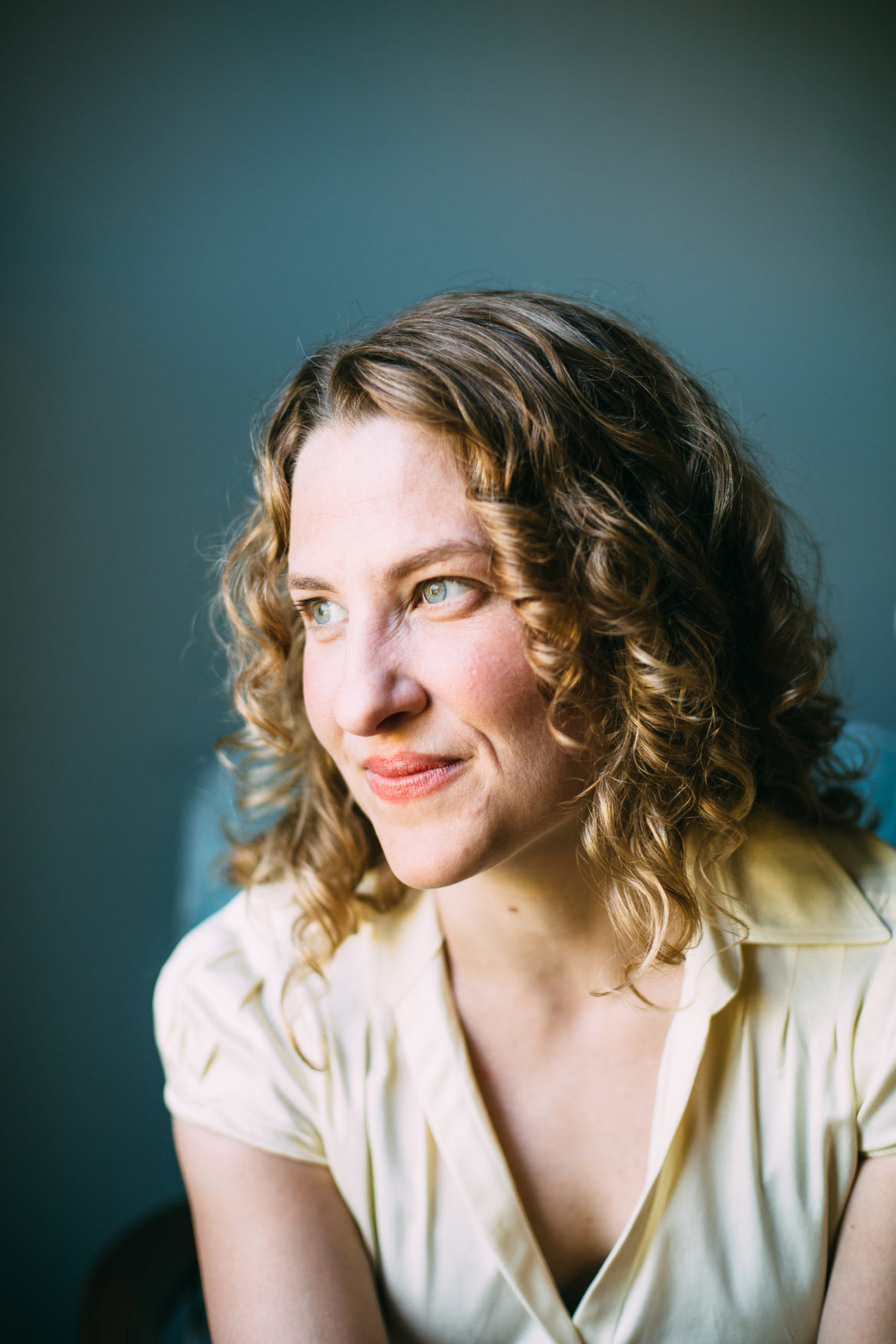
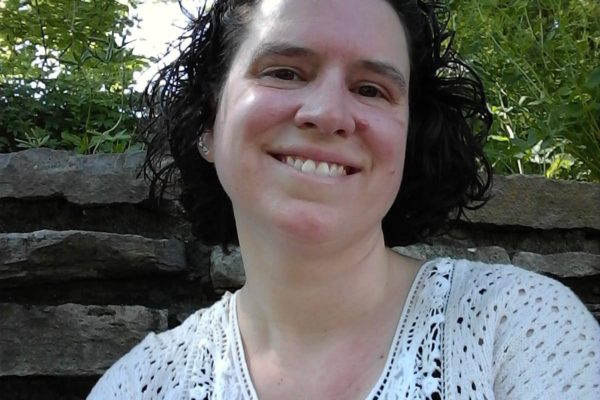
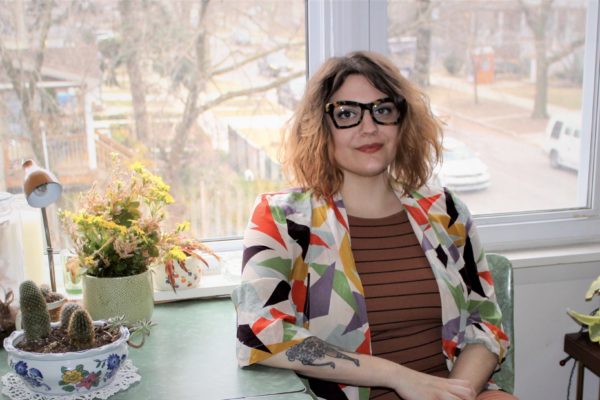
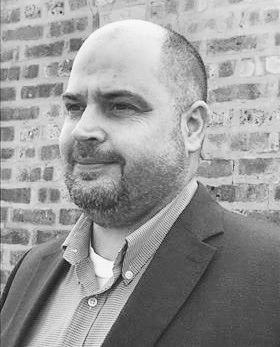
No Comments